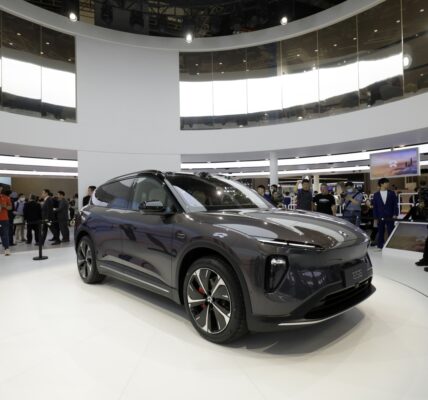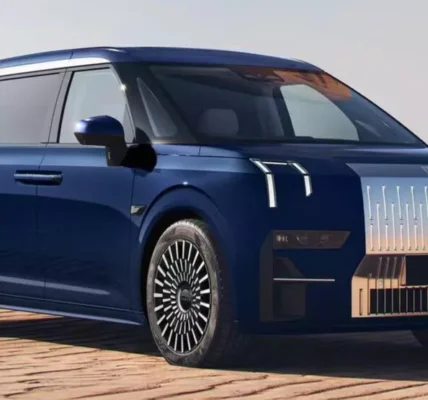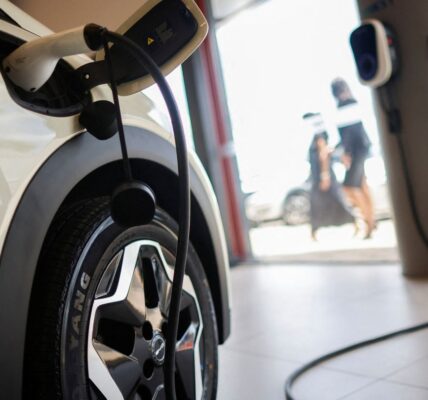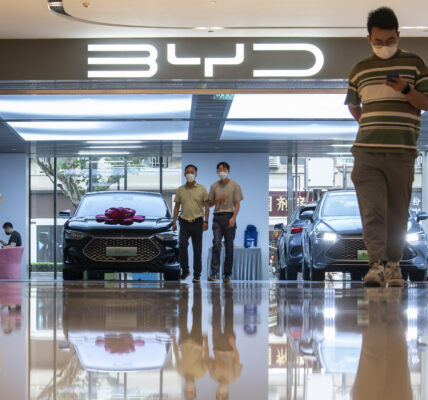Overcapacity In China’s EV Battery Industry To Reach Four Times Demand By 2025
China’s electric vehicle (EV) battery industry will face severe overcapacity in the next two years, which could lead to the closure of many small players, according to analysts.
Chinese battery manufacturers, which number close to 50, will be able to churn out 4,800 gigawatt-hours (GWh) of batteries in 2025, four times the demand of the country’s EV makers, according to a forecast by mainland online investment publication Gelonghui.
One GWh of batteries can power about 10,000 electric cars. Sales of EVs in China, the world’s biggest market, is expected to rise 35 per cent year on year to 8.8 million units this year, UBS analyst Paul Gong forecast in April. The adoption of EVs, while expected to grow, is forecast to top 10 million units in 2025, according to analysts’ estimates, leading to an excessive supply of batteries.
“Every major EV battery producer is quickening their expansion pace to vie for a bigger market share,” said Davis Zhang, a senior executive at Suzhou Hazardtex, a supplier of specialised vehicle batteries. “The reason for the rapid expansion is simple – everyone is eyeing production on a big scale so that they can eventually have an advantage in cost and price.”
Chinese battery makers have been stealing a march over their global rivals amid galloping EV sales. Six of the world’s top 10 EV battery producers are from China, according to Seoul-based SNE Research.
CATL, BYD, CALB, Gotion, Eve Energy and Sunwoda accounted for 62.6 per cent share of the global market from January to May, supplying 148.7GWh of batteries to companies like Tesla and Li Auto, the mainland’s top maker of intelligent electric cars.
China’s EV battery installation capacity totalled 28.1Gwh in May, up 44 per cent year on year, according to a Citi research note from June. The top 10 players increased their market share to 97 per cent from 96 per cent the previous month.
“The oversupply issue is detrimental to the industry because a large number of companies will have to close down without enough orders to support their operations,” said Gao Shen, an independent analyst in Shanghai. “Big companies are growing bigger, but the underachievers will eventually be kicked out of the market.”
CATL and BYD, the world’s top two battery producers, are eyeing customers overseas as their manufacturing capability and technology are well-received by foreign marques.
Behind the scenes at BYD Auto: China’s biggest electric vehicle factory
Ford Motor announced a plan in February to cooperate with CATL on a US$3.5 billion EV battery plant in Michigan. Unlike typical joint ventures Ford will own the plant outright and produce CATL’s low-cost lithium ferrous phosphate battery under licence.
Last September, CATL announced plans to build a US$7.35 billion plant in Debrecen, Hungary. The plant will have an annual capacity of 100GWh when complete in 2027.
The factory, its second outside China, represents a major step for CATL in reinforcing its global strategy. It is expected to start production at its first overseas plant in Thuringia, Germany, at the end of this year.
CALB, the mainland’s third largest EV battery producer, will set up a plant in Portugal after signing an agreement with the Portuguese government earlier this month.
Shenzhen-based Sunwoda said last weekend that it would spin off its EV battery business before listing it on the ChiNext market.
Sunwoda, whose main business is producing batteries for consumer products, is keen to strengthen its finances to take on the escalating competition.







